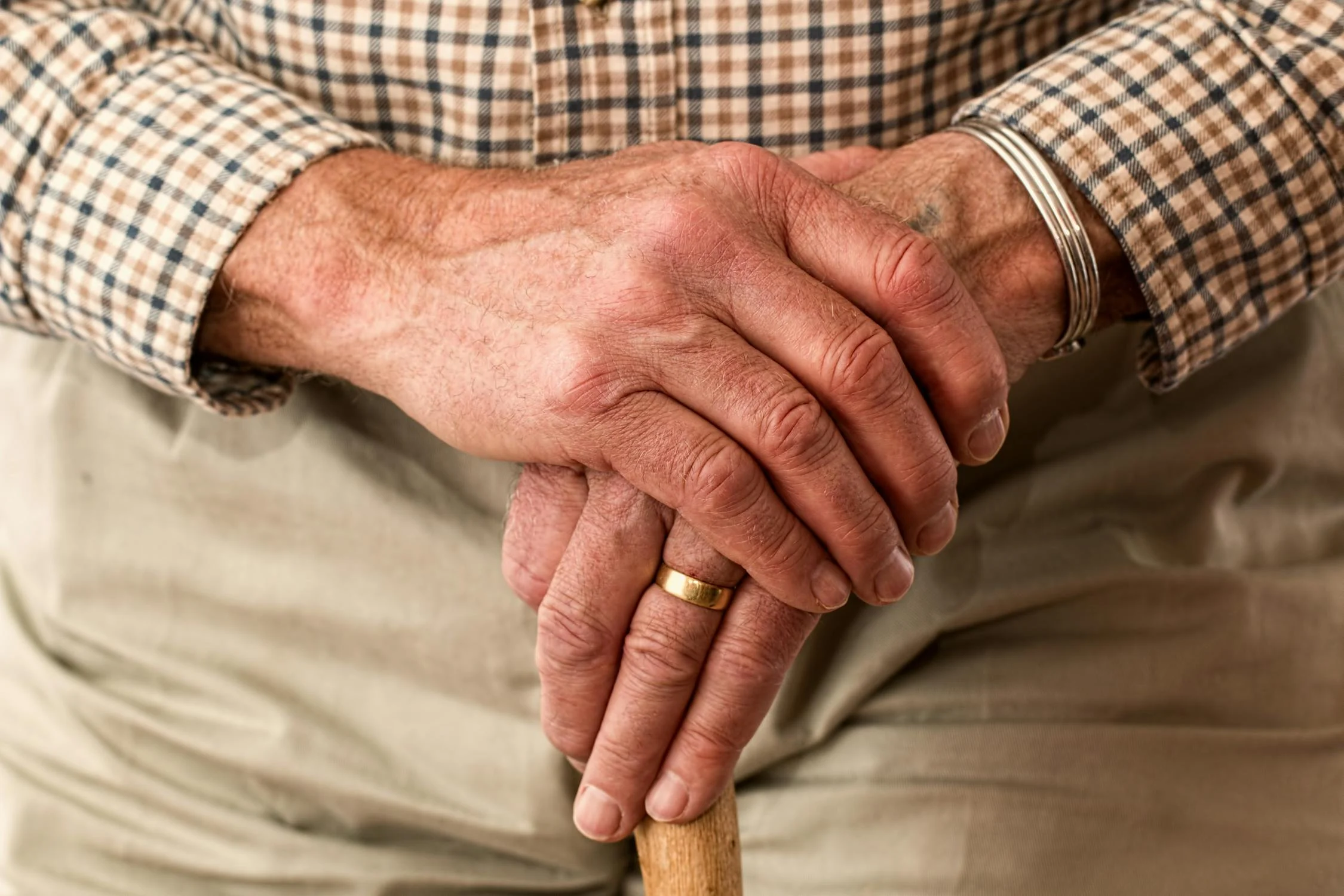
Dealing with incontinence in the elderly can be challenging, both for the individual experiencing it and for their caregivers. It's important to approach this issue with empathy, understanding, and a combination of lifestyle changes, strategies, and, in some cases, medical interventions. Here are some strategies to manage incontinence and the associated emotions:
Seek Professional Guidance:
Behavioral Techniques:
Physical Exercise:
Regular physical activity can improve overall health and may help with incontinence by strengthening pelvic floor muscles.
Maintain a Healthy Diet:
Kegel Exercises:
These exercises help strengthen the pelvic floor muscles. Regular practice can contribute to better bladder control.
Use Incontinence Products:
Products such as adult diapers, pads, or protective underwear can provide a sense of security and help manage accidents.
Accessible Clothing:
Choose clothing that is easy to remove quickly, especially in situations where urgency is a concern.
Emotional Support:
Encourage open communication about feelings of shame, anger, or frustration. Seek support from friends, family, or support groups.
Home Modifications:
Consider making modifications to the home environment, such as installing handrails or placing a commode in the bedroom for easier access.
Identify Restrooms in Public Places:
Be aware of the locations of restrooms when in public spaces to minimize stress when there's a sudden urge.
Herbal Remedies:
While there is limited scientific evidence on the effectiveness of herbs for incontinence, some people find relief from certain herbal remedies. However, it's crucial to consult with a healthcare professional before trying any herbs, as they may interact with medications or have side effects.
Stay Hydrated:
While it might seem counterintuitive, adequate hydration is essential. However, it's important to manage fluid intake, especially in the evening, to reduce nighttime incontinence.
Always consult with a healthcare professional before starting any new treatments, including herbal remedies. They can provide personalized advice based on the individual's health and medical history. Additionally, it's essential to approach incontinence with patience, understanding, and a focus on maintaining the individual's dignity and quality of life.